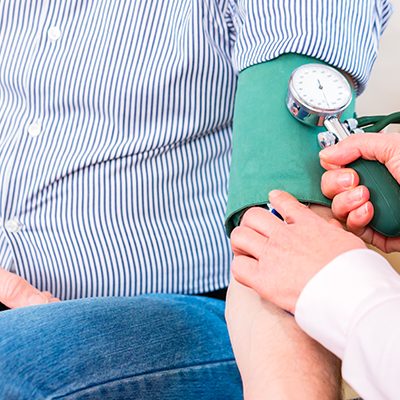
Future Pharmacotherapy for Obesity: New Anti-Obesity Drugs on the Horizon
This review published in Current obesity reports looks at how our increased understanding of energy regulation and neurohormonal pathways in energy homeostasis (the body’s mechanism for controlling caloric intake and energy expenditure) are being utilised to find pharmacological solutions to obesity. The review looks at centrally acting agents, gut hormones & incretin targets and other novel targets which include anti-obesity vaccines.
Centrally acting agents are drugs which work by altering brain neuronal circuits, by simulating or blocking the effects of other brain neurotransmitters, leading to changes in metabolism and behavior. This paper discusses four of these drugs, which can increase resting energy expenditure- leading to weight-loss- and can also change feelings of hunger/satiety, which then leads to decreased food intake.
Gut hormones and incretin targets are drugs that utilise the complex neurohormonal system of the gut and pancreas to alter feelings of hunger and fullness, with some also improving glucose control. The seven drugs discussed are at varying stages of clinical trials, some only being tested in animals while others are in phase-II. The promise in the phase-II trials is high though, meaning that this new class of anti-obesity drug could soon enter clinical practice.
Five other novel targets were also discussed. Firstly, a drug that reduces production of new fatty acids by the liver and converts stored fats into useful energy; leading to increased energy expenditure. Second, an enzyme inhibitor which leads to reduced absorption of fats in the gut; meaning fewer calories are extracted from food. Third, a triple monoamine reuptake inhibitor of neurotransmitters in the brain, which has proven effective and entered phase-II trials, despite some safety concerns. Fourth is a growth hormone that turns white fat into brown fat; this leads to increased energy expenditure. Alongside this it also provides added benefits such as anti-inflammatory properties. The final drugs discussed are anti-obesity vaccines; these involve targeting molecules that lead to obesity (e.g. ghrelin) or a vaccine to an adenovirus that has been shown to cause significant obesity in mice and may also do so in humans.




